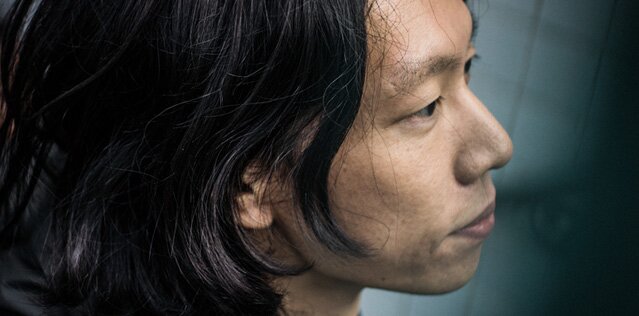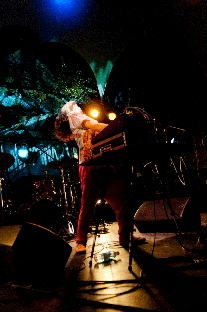

MUSIC
Q&A with Oorutaichi
I discovered Oorutaichi when he released MISEN Gymnastics from Bearfunk in 2007. It was this crazy sound that was different from anything else and on another level entirely. His sound is so unique that I have this image of him holed up somewhere, creating his own world. His music is not influenced by what people are playing in other scenes or what is big now. His music makes me wonder: how did he come up with it? How did he get to that point? What is he thinking? By Tim Sweeney



RSS Feed